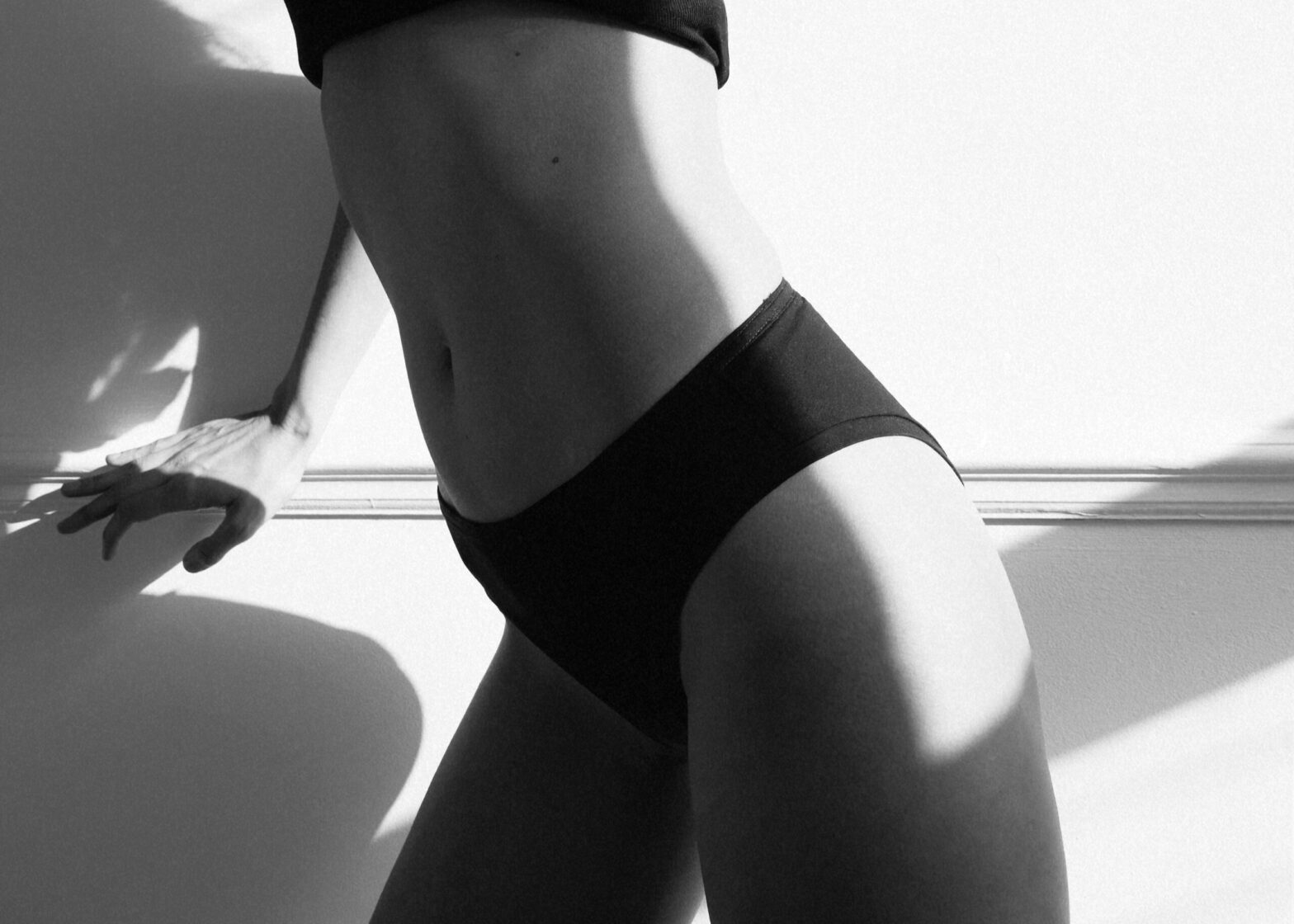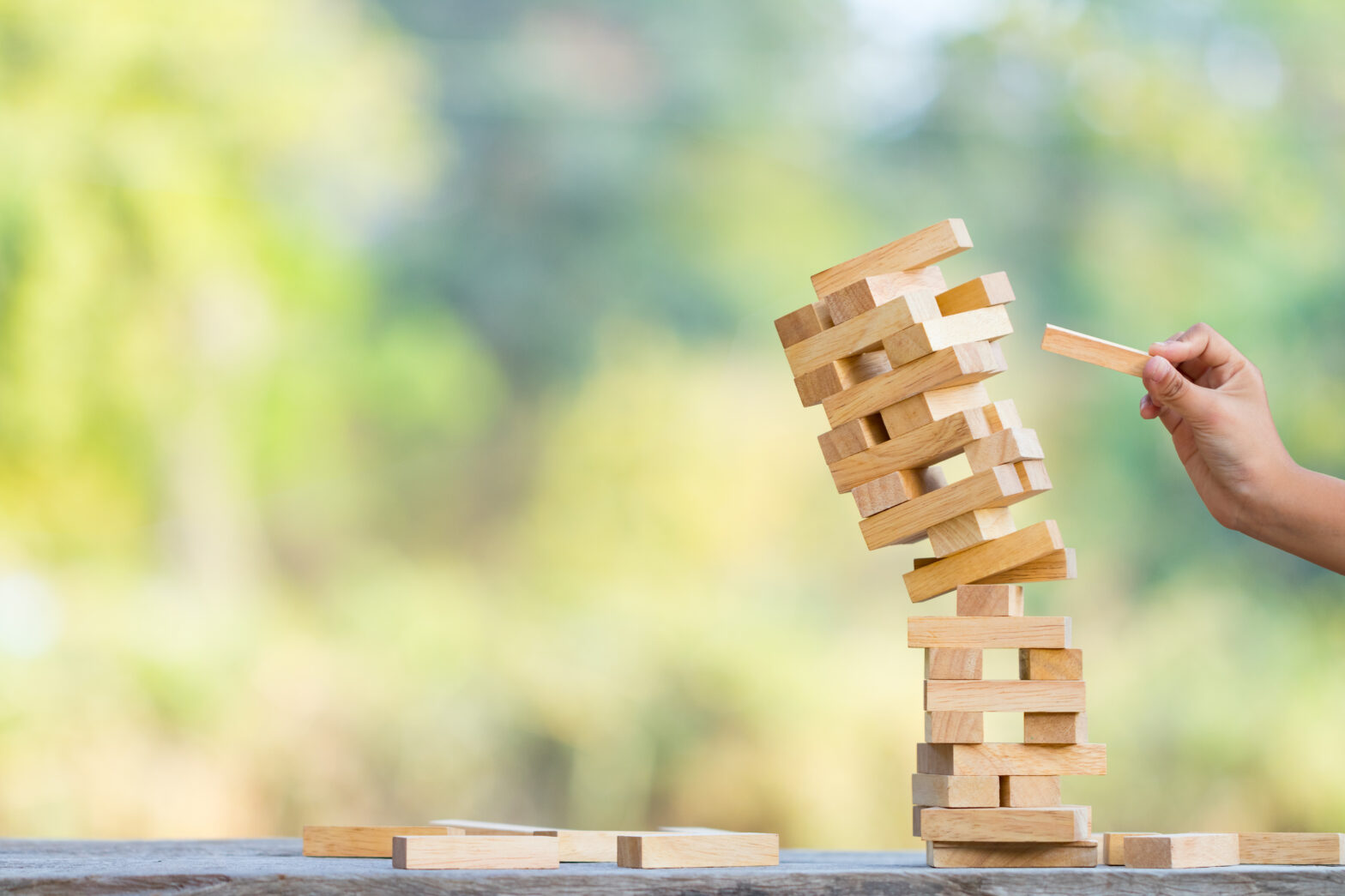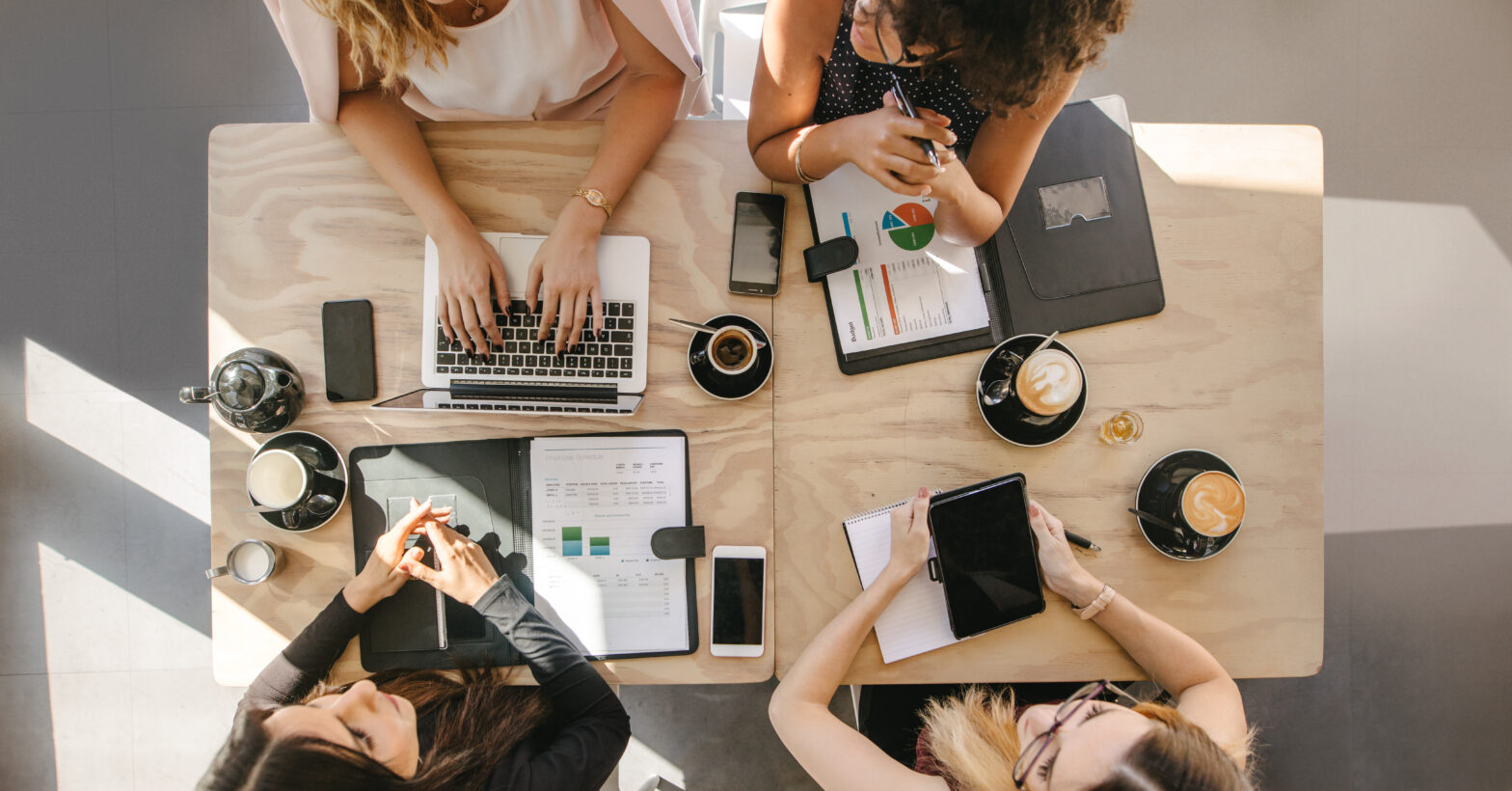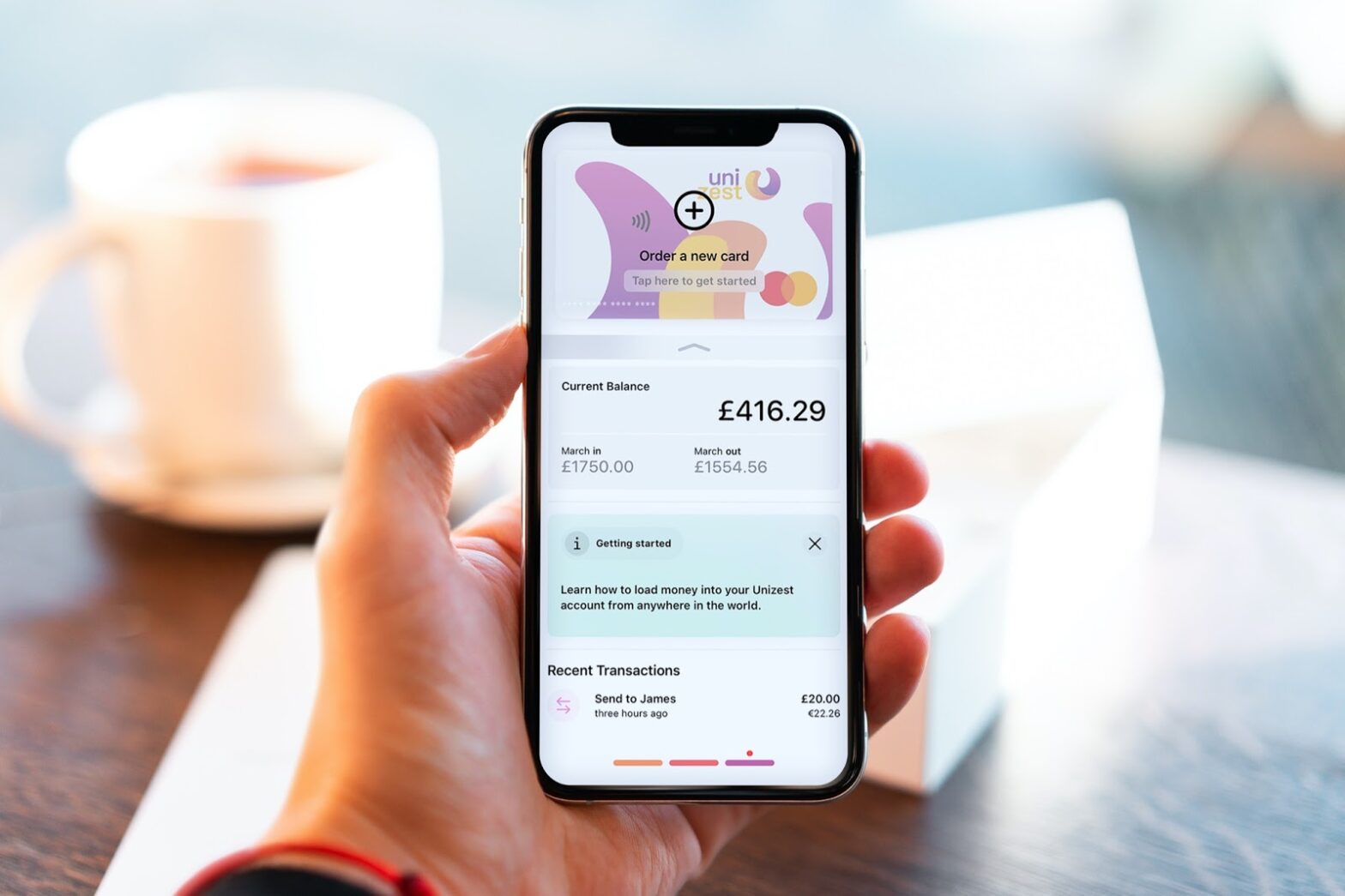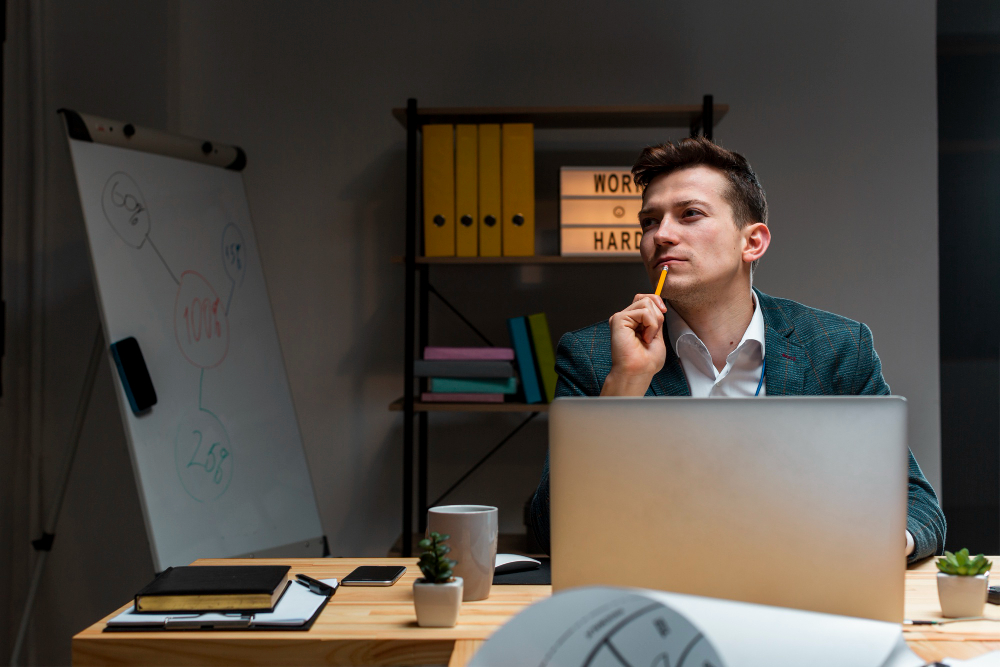In Britain, we throw away 350,000 tonnes of old clothes each year, which means nearly one third of our unwanted clothing goes to landfill, according to charity Clothes Aid.
Globally, an estimated 92m tonnes of textile waste is created each year, the equivalent of a dustcart full of clothes being buried in landfill each and every second.
By 2030, the world is expected to be throwing away 134m tonnes of textiles a year.
Indeed, the whole fashion industry accounts for 10 per cent of global emissions once you to take production, manufacturing and wholesale into account.
It’s something former Barbour and Monsoon designer Carrie Davies was determined do something about. Starting with underwear, tee-shirts and sweatshirts, her sustainable fashion brand One Essentials uses an equal split of recycled and organic new cotton to manufacture garments. Even better, she offers to take back her brand’s worn-out items and recycle into them into fresh products. It’s a virtuous circle concept that is taking root in business.
Here, Davies explains what’s wrong with fast fashion, what makes One Essentials unique and why she’s not afraid to admit her weaknesses.
Tell me about your background as a woman’s clothing designer
I’ve been working in the fashion industry for about 13 years now as a designer and consultant mainly for lifestyle brands in the UK. I’ve worked for Barbour and Monsoon and Crew and I started my career at Debenhams. I’ve also worked as a consultant as part of the Central Saint Martin’s design agency as well as some other agencies based here in London. So I’ve had kind of a broad portfolio as a multiproduct designer covering lots of categories, specialising in denim and casual wear.
What’s the gap in the market? What’s the problem ONE Essentials is trying to solve?
It’s quite interesting when people talk about ‘gap in the market’ because you kind of presume that there’s a space in the fashion industry so overcrowded. Actually, there’s not a lot of space for more businesses but there’s a lot of space for businesses that are doing better.
There’s so much that’s inherently wrong with how the fashion industry has worked for decades. Whether that’s from manufacturing and how we process things through to our disposable culture, where there’s no value on any of the products that are created. And we’ve totally lost any sort of tangible link to how much something should cost or based on how long it would take to make or the cost of a resource. If you can buy a tee-shirt for a pound, there is something really wrong. I think the whole system really needs to change. And that’s where One Essentials started. There’s a huge problem throughout the whole process from the consumer and the manufacturing side, the whole thing. So for me, that’s where it started. How can we fix that and to create a brand that would show that you can do it better?
Explain the One Essentials brand to me
With One Essentials we look at basically reducing our environmental impact from the off. And one of the things that I’m personally really passionate about is looking at the end-of-life-use case of our clothing. Because we have this disposable culture, so much of a product that just ends up in landfill. Even if you think you’re doing something good and taking it to a charity shop, the likelihood is that doesn’t stay in the charity shop very long. If it’s not sold, it goes to another distributor and ends up in landfill, not here, but in other parts of the world, especially in sub-Saharan Africa. It’s just a really abusive system. And that throwaway culture is something that I think it’s going to be difficult to change. It’s a long-term game.
The question I wanted to ask was, what the end-of-life use case for everything that we create? So I set up One Essentials as a circular business. We have a take-back scheme embedded in our own products, so we’ll take all of them back. And we take responsibility for disposing of those products in the right way.
Underwear is a highly disposable item as there’s no resale market. Generally people buy their underwear and keep it until the point where they’re a bit embarrassed about it, so they put in the bin. And then it ends up in landfill.
We’re also selling tee-shirts and sweatshirts, which again we will recycle using fabric to fibre recycling methods as they’re not a blended fibre. One of the things that’s really important to me is building in recycled materials, reducing our need for virgin resources from the off. So our tee-shirt, for example, is 50 per cent recycled and 50 per cent organic cotton. And hopefully, we’ll also be repurposing our tee-shirts back into new fibres and fabrics when they come back to us. So we’re trying to build into the end-of-life-use cases of what we create, so that we’re building into the new circular economy. It’s all a very new space, hopefully reducing the environmental impact of the garments as we’re creating it, but also the environmental impact of the garment throughout its lifespan.
What’s been the biggest challenge in getting One Essentials to where it is now?
The biggest challenge for me has been Covid. We manufacture in Portugal and I’ve never had to wait so long for samples. The factory in Portugal that’s working with is fantastic. It’s somebody that I’ve worked with before. But I’ve also very used to being able to get out to a factory if there’s a problem and of course you can’t go there. So everybody’s learning how to work remotely, and factories are having to learn how to work where they’ve got staff on shift patterns. And you know, we’re a start-up, we’re not placing huge orders while they’ve got bigger customers and clients to fulfil. Covid has meant a real struggle to get things to market. I was hoping to bring the brand to market earlier on this year, but realistically now we’re going to launch in September.
Also, one of the biggest challenges was massively underestimating the complexity of underwear. I thought it was going to be really simple. I mean, it’s only a bit of fabric, some elastic. How wrong was I? You can make the biggest change by changing just a few millimetres, which can affect the whole garment. It was a very big learning curve for me.
What made you decide to enter The Start-up Series competition, what was it that appealed to you?
I like that the Start-Up Series was an open call. So there wasn’t a smokescreen. You didn’t need to chase down emails to investors or try and find an advisor who had a bank of investors or know a contact who’s got a family fund.
Also they were open to pre-trade and pre-revenue applications, which was important to me. We were in a global pandemic and I was a fashion designer, and there’s not a lot of need for a fashion designer in a global pandemic! I really needed investment to come into the business before I could even launch. So to find a competition or even a fund that was willing to invest in pre-trade and pre-revenue fashion retail business was a was quite a feat. It was definitely a great opportunity for me.
Another thing that I liked was that Worth Capital had a lot of direct-to-consumer brands within their portfolio. So I knew that they had experience in that space, and they would understand kind of the complexities and difficulties of trading retail. And they weren’t going to be surprised coming into a retail business. Because they’d already done it, it was all a really good mix for me.
Apart from funding, The Start-Up Series also offers mentoring and a peer community. How important was that for you?
I think it’s really important, especially as a solo founder. And when you’re working in isolation, being able to have a mentor, that’s hugely beneficial. Whether that’s a sounding board or for advice, or even just to clarify the ideas you have, it’s good to have somebody you can run things through with and say, I’m making the right call here. Otherwise, you’re just talking to the wall. So that’s super helpful. That’s been so important, and super beneficial for me. And I think having a network of entrepreneurs who have been through the same thing as you or are even ahead of you, who’ve been through a process and who can give you advice and guidance is a great kind of network to have around you.
What advice would you have for any other entrepreneurs thinking about entering the next round of The Start-up Series?
The first thing to say is that I entered the competition twice and was knocked back the first time. Even entering the competition helped me hone my proposition. When I first entered at the end of 2020, my business idea was too broad. What I had was this amazing, great lifestyle brand – which hopefully is something we could one day become — but it wasn’t investor ready. So I would say, be really clear about what your proposition is so that people know what they’re investing in.
Second, be honest about yourself and be honest about your own strengths and weaknesses. Because there’s no point going in and saying, yeah, I can do this, I can do that. It’s helpful to be honest about what your what your strengths and weaknesses are.
Even entering the Start-Up Series competition helped you define what your business is?
I hadn’t really refined the business proposition enough. And so as I spent more time thinking about and then refining the business proposition, I think that that made it just a more compelling offer.
You’re launching ONE Essentials this September. What other milestones would you like to hit this year?
Other than actually launching, which is a big one, there are two big milestones.
First, I really want ONE Essentials to get B Corp status or pending B Corp status. I think we’re in a really good place be able to do that. And I need to go through the process of doing that and hopefully achieving it.
Second, we’re looking to build the marketing side, because that’s my weakness. I have lots of experience on the product development side, but I’ve never worked in marketing. It’s a mystery world to me. So I really wanted to bring somebody into the team who could kind of own and build the marketing side. The next big thing for me is bringing in that key hire to help us launch and grow.
The Start-Up Series competition
The Series opens for applications every month, with the aim to select one or two winners to receive:
• Up to £250,000 of SEIS/EIS equity funding (subject to due-diligence, terms & conditions).
• A minimum of 2 years invaluable hands-on help from experienced & battle-scarred entrepreneurs
• Media coverage on smallbusiness.co.uk & other channels to promote your business & follow your journey.
We are on the hunt for B2B or B2C business across all sectors. As long as your business is eligible for SEIS or EIS HMRC advance assurance, then we’ll consider your application.
We’ll be impressed by innovative products or services, in high growth or underserved markets, with the potential to build a loved brand. If you can demonstrate these, you’re in with a fighting chance.
Because the investment will come from an EIS & SEIS FCA regulated fund, businesses who are considering entering need to satisfy the following criteria set by HMRC:
• You must be a UK resident and run a UK-based business
• You must be over 18 years old at the time of entry
• Certain financial services and property businesses are unlikely to qualify.
Find out how to enter The Start-Up Series here
Further reading
What winning the Start-Up Series meant for me – Henry Acevedo, Fox Robotics
